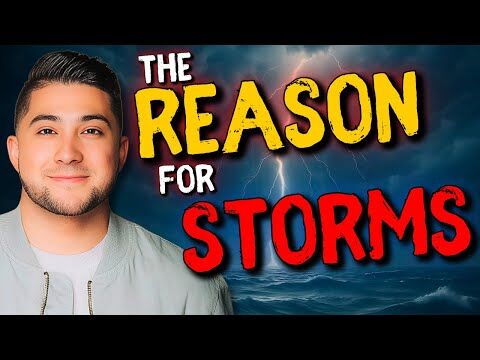Truly He taught us to love one another/His law is love and His gospel is peace.
Chains shall He break for the slave is our brother/ And in His name all oppression shall cease.
Sweet hymns of joy in grateful chorus raise we/ Let all within us praise His holy name.
Two thousand years ago, a baby was born in a lowly manger—a holy, passionate God came in the most humble of ways to spark an insurrection of love and save an earth groaning under the weight of injustice, suffering and oppression.
At the beginning of His ministry, Jesus stood in a Nazareth synagogue to declare His mission: “The Spirit of the Lord is upon me,” He said, “because he has anointed me to preach the gospel to the poor; He has sent me heal the broken-hearted, to preach deliverance to the captives and recovery of sight to the blind, to set at liberty those who are oppressed” (Luke 4:18). Jesus came to humanity as the great abolitionist, and to this day, the work of abolition is central to the gospel of Christ.
The author of one of the most beloved Christmas ballads of all time, “O Holy Night,” was aware that the cause of freedom was at the heart of Christmas. In 1847, a priest in a sleepy French town commissioned a local wine seller and poet to pen a Christmas poem. Using the Gospel of Luke as inspiration, he wrote “Cantique de Noel” and soon realized his poem needed to be a song. The music was written, and weeks later, the beautiful melody was sung for the first time at a midnight Mass on Christmas Eve.
The song began to spread throughout France, and it wasn’t long before the powerful lyrics caught the attention of American abolitionist John Sullivan Dwight, who was inspired and impassioned by the strong anti-slavery message of the song. Dwight translated the song, and his English version of “O Holy Night” quickly found favor in America, especially in the North during the Civil War.
Since that time, the song has gained so much popularity around the globe that it has become an enduring Christmas staple. In the midst of our holiday celebrations this year, as we sing the words of one of our most well-loved Christmas anthems:
“Truly He taught us to love one another/ His law is love and His gospel is peace.
Chains shall He break for the slave is our brother/ And in His name all oppression shall cease.”
Let us remember that millions of people are still enslaved because of systems of injustice in our world today. Those who are being exploited across the globe are our sisters and brothers, and we must pray and fight for every shackle to fall. Let us not forget that being faithful to the gospel means that it is all of our duty as followers of Christ to take on the mantle of abolition, because at its core, abolition is love.
Laila Mickelwait is the director of abolition at Exodus Cry. Find her on Twitter @Lmickelwait and @ExodusCry.































































